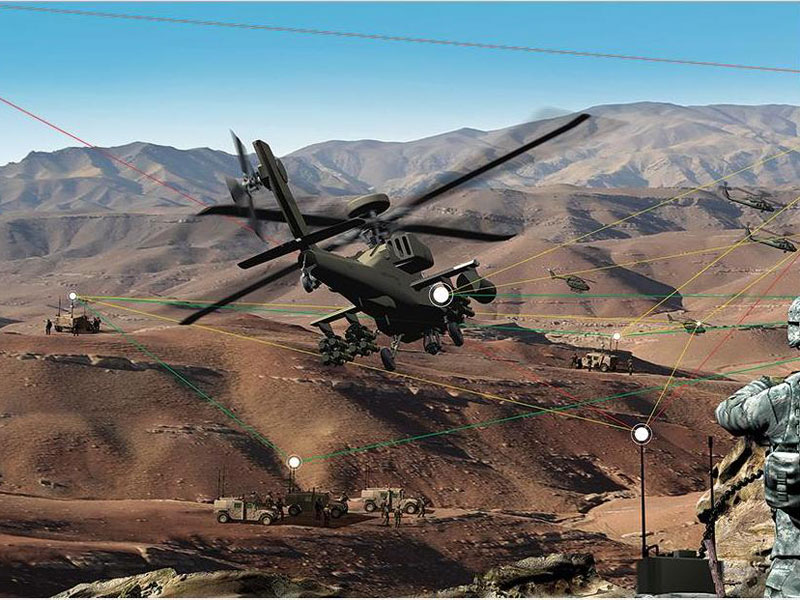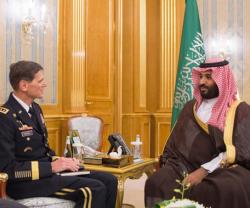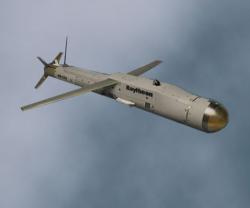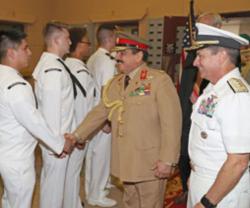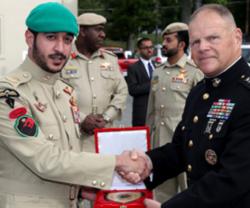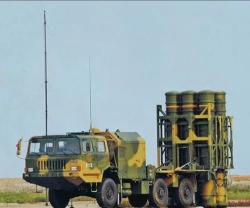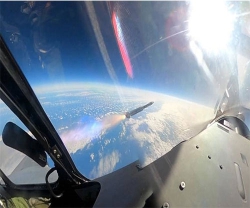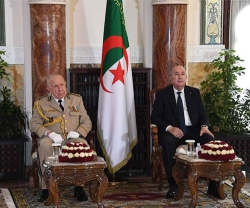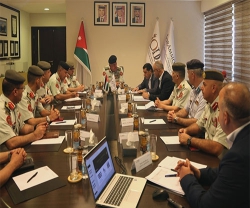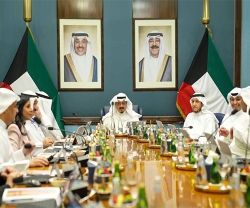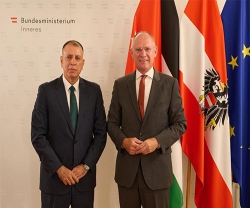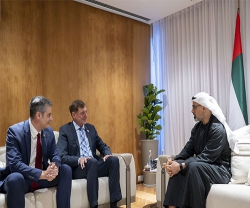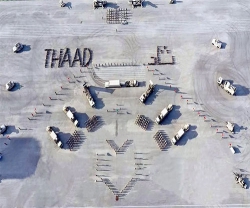Now Rockwell Collins has cracked that code with its TruNet networked communications solution - offering a one-stop, integrated ground-air network. TruNet will be launched this week at the Association of the U.S. Army’s Global Force Symposium and Exhibition in Huntsville, Alabama.
TruNet will make its international debut April 14 at LAAD Defence & Security 2015 in Rio de Janeiro.
“Rockwell Collins, with its product depth and experience across ground and air domains, is uniquely qualified to provide an integrated ground-air network,” said Mike Jones, Vice President and General Manager of Communication and Navigation Products for Rockwell Collins.
“All technical products that are part of the TruNet network run the exact same waveforms and capabilities and have the potential to support Joint Services and Coalition forces, enabling them to plug and play and work seamlessly together,” he added.
The three major components of TruNet are the Rockwell Collins Airborne Radio (AR) and Ground Radio (GR) Series, along with advanced handheld technology from the company’s alliance partner, Thales, a global technology leader in aerospace, defense, security, transportation and space and an expert in delivering mission-critical communication systems.
The new software defined AR series is an evolution from the ARC-210/Talon radio and features one- and two-channel versions. The world’s most capable and fully exportable software defined radio (SDR) receiver-transmitters, the AR and GR series radios are designed to meet growing operational requirements and are adaptable to offer customer-unique capabilities while conforming to SDR tenets and architectures.
The TruNet solution delivers mission critical capability, relying on proven performance required by advanced warfighters. The SDRs provide multiple waveforms, both narrow and wideband, high speed, mobile ad hoc networked communications, point-to-point data, voice and next-generation SATCOM capabilities.
Both the AR and GR series solutions run advanced networking waveforms such as SRW, WNW and MUOS, along with legacy waveforms, creating a network capability that addresses the full range of the military customers’ needs.

